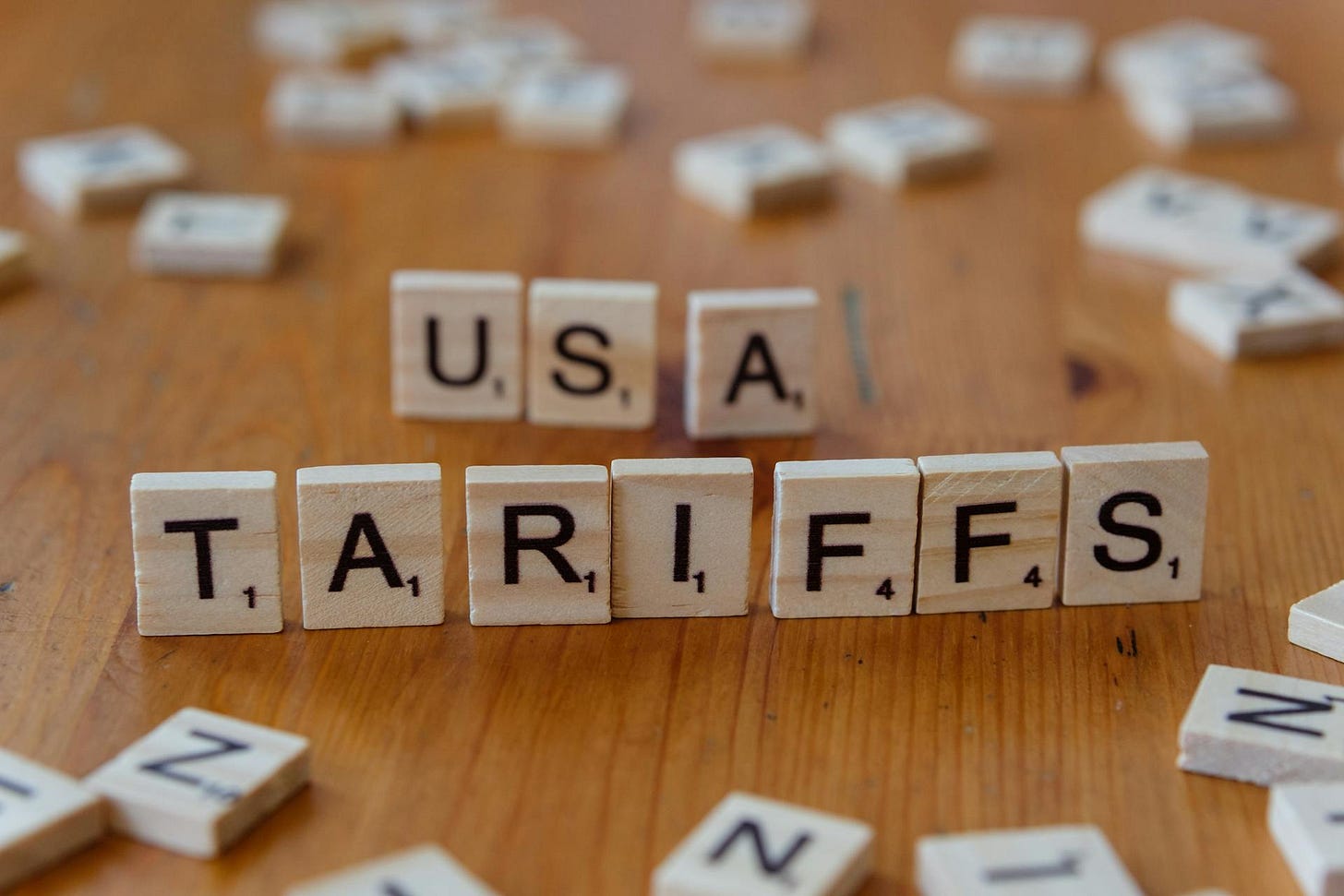The international business landscape is experiencing significant shifts as new U.S. tariffs take effect and Europe ramps up defense expenditures, influencing markets and trade dynamics.
Driving the News:
U.S. Tariffs Implementation: President Trump's 25% tariffs on steel and aluminum imports have been enacted globally, prompting immediate responses from international partners.
EU's Retaliatory Measures: The European Union announced counter-tariffs on $28 billion worth of U.S. goods, targeting products ranging from textiles to agricultural items.
The Big Picture:
Market Volatility: Global stock markets are experiencing heightened volatility. The S&P 500 approached correction territory following the tariff announcements, reflecting investor concerns over potential economic slowdowns.
European Defense Spending: In response to changing security policies, European nations are increasing defense budgets. The Bank for International Settlements noted that markets have reacted positively to these spending surges, indicating confidence in economic resilience.
Why It Matters:
Trade Tensions: The escalating tariff measures between the U.S. and its trading partners heighten the risk of a global trade war, potentially disrupting supply chains and increasing costs for businesses and consumers.
Economic Growth: While increased defense spending may stimulate certain sectors, the broader implications of trade disputes could dampen global economic growth prospects.
What's Next:
Monitoring Retaliations: As countries implement countermeasures, businesses must stay vigilant about changing tariffs and adjust strategies accordingly.
Policy Negotiations: Diplomatic efforts may intensify to resolve trade disputes and mitigate potential negative impacts on the global economy.
The Bottom Line:
The confluence of new U.S. tariffs and Europe's defense spending surge is reshaping the international business environment, necessitating adaptive strategies from global enterprises to navigate the evolving landscape.


